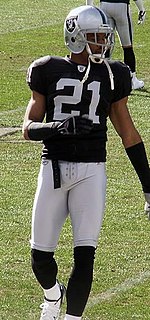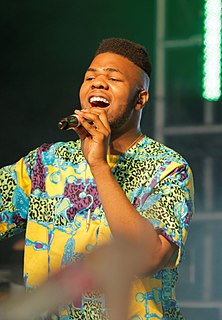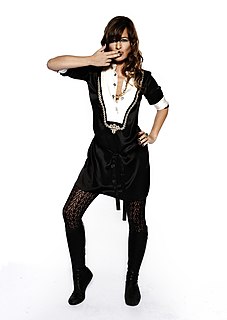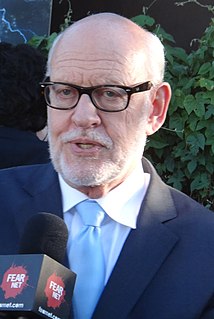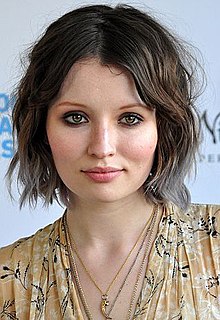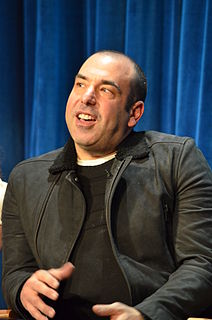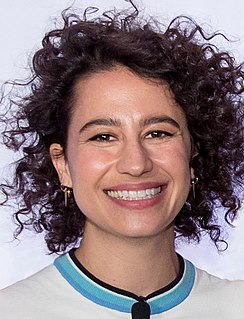A Quote by Nnamdi Asomugha
I come from a performing family. My parents are Nigerian, and their parents and their parents - and it's all about performance in their culture, you know. The music. The dancing... you're told to stand out at family gatherings and perform in some sort of way. You're just kind of born into it.
Related Quotes
I'm most proud of my kids, for one, and my family and my parents. Outside of that - what am I proud of? I don't know. I don't look back, I just go forward. I'm just proud of the fact that my parents were immigrants and we had nearly nothing, and all of the sudden, with the help of a lot of people and my parents as a model, I amounted to something. And I'm doing some very decent work.
You know, people see [August: Osage County], and I tell them that it's based on my family, and they assume that I came from some kind of horrible, hysterical circumstances. That's not true. My family, my nuclear family, was actually very close. My mom and dad were great parents and they encouraged a real rich, creative life for me and my brothers. My extended family, like every family, has some darkness, and some violence of some kind, emotional or otherwise, in their past.
I've never had a very closely connected family. My parents split up when I was young and I was living with my mom for a little while, then I was kind of just on my own really young. It wasn't some kind of global tragedy, it was just never really a very close-knit family. So there was support in the sense that they didn't stand in my way.
I think it's true about people now being closer to their parents, since the '60s, really. The parents are no longer from a different planet, the 1950s ideas of American family. We could be friends with our parents. After the '60s, it wasn't like a person smoking pot was what the parents would be appalled at.
When you have a family, even though you might move a lot, you collect all of these things. It's the detritus of your family and they become the symbols of your family life, and your unit out in the world. In that moment I wanted to allude to the fact that the way my parents' relationship was falling apart was impacting me and my brother, my parents, but also our symbols.
For my parents' generation, the idea was not that marriage was about some kind of idealized, romantic love; it was a partnership. It's about creating family; it's about creating offspring. Indian culture is essentially much more of a 'we' culture. It's a communal culture where you do what's best for the community - you procreate.
Here's the thing: the unit of reverence in Europe is the family, which is why a child born today of unmarried parents in Sweden has a better chance of growing up in a house with both of his parents than a child born to a married couple in America. Here we revere the couple, there they revere the family.
There’s a belief now that the problem with our schools is parents, that if we just had better parents we would have better performing kids and, therefore, we wouldn’t have a problem at all. But what’s missing in that equation is that you do have a lot of parents in this country who are very involved in their children’s education and who do want something better. They want to see better for their kids. They know that they’re in schools that aren’t performing particularly well and if you look at how we treat those parents, it is quite poorly.
I vape with my parents in my house. My parents don't really get high, which bums me out. But I vape with them around. It's just like a glass of wine. The family of the future is parents and kids who get high together. That is crazy to me, but it's so cool. I like the fact that my parents are fine with it, even if they won't do it with me.
